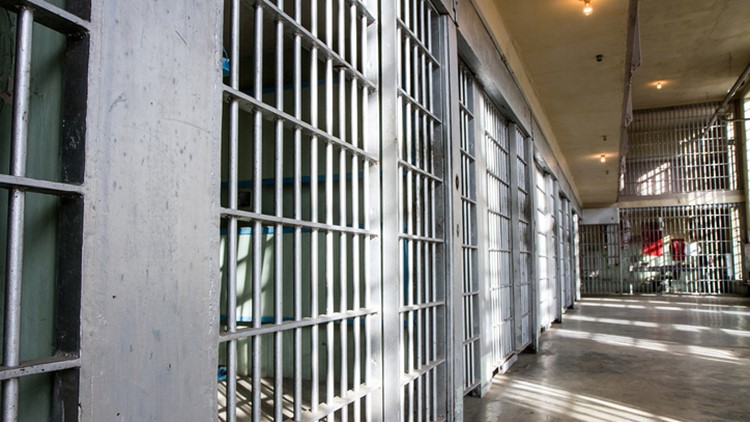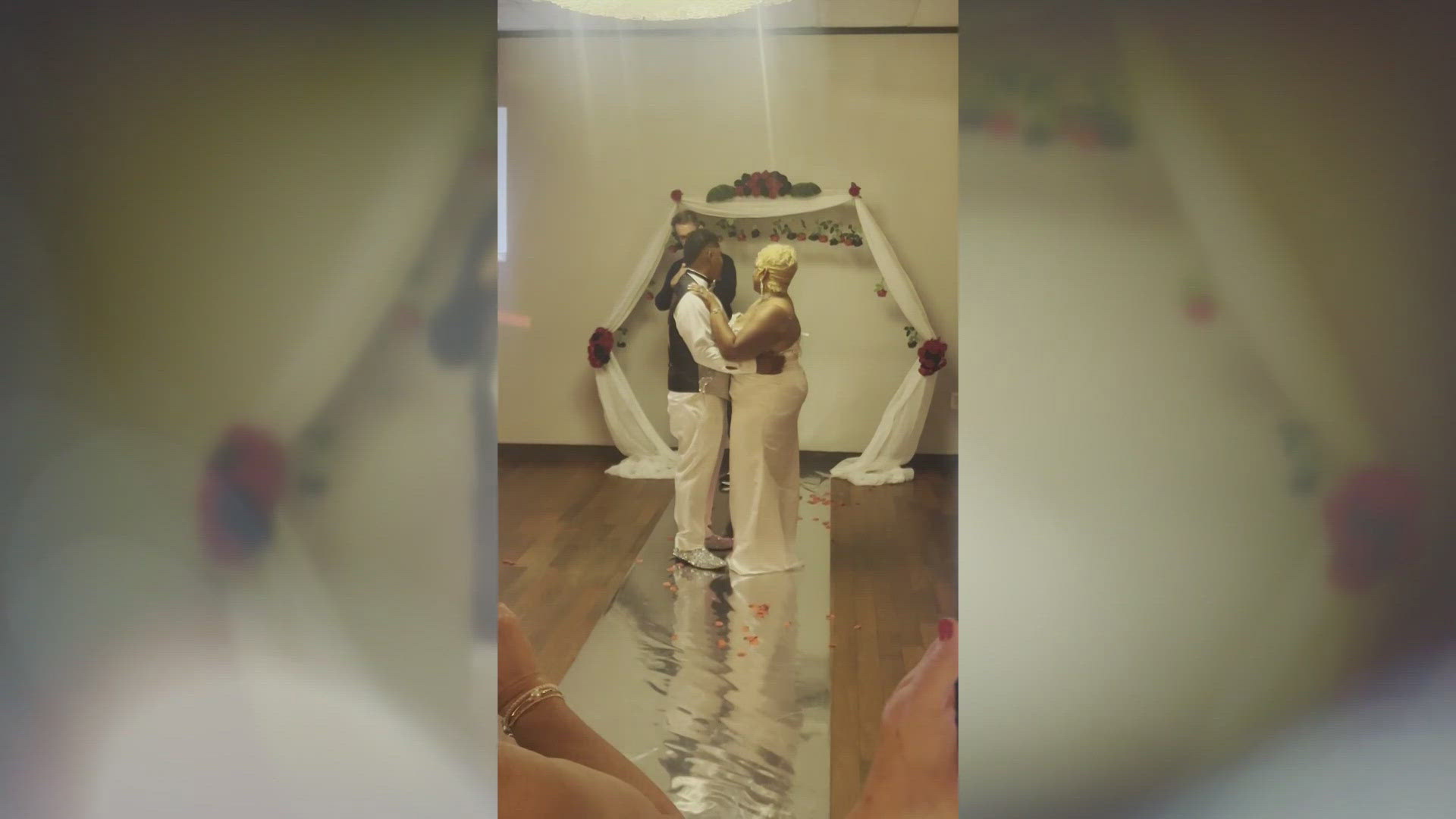ST. LOUIS — A law that just took effect in Missouri is putting stimulus checks in jeopardy for a segment of the population that went to court to make sure they got their payments from the Internal Revenue Service.
Federal and state prisoners were eligible for stimulus payments under the 2020 CARES Act as long as they met income limits and had filed a tax return in recent years or entered their information as a non-filer on the IRS website. Lawyers who fought for prisoners to receive those payments estimate that more than $1.5 billion has been paid to prisoners so far.
State senator Tony Leutkemeyer (R-34) introduced a bill this year to take some of that money back.
"I think most Americans would look at that and say that's totally inappropriate," he said. "My view is that the stimulus checks were meant for families who had lost their jobs and were struggling economically during the height of the pandemic."
State officials don't have an estimate of how many of Missouri's 30,000 inmates received stimulus checks or would be affected by the new law. Luetkemeyer said it's likely that taxpayer-funded assistance went to the majority of them.
"Based on income levels, most of the inmates who are on death row in Missouri probably did receive the stimulus checks," said Luetkemeyer.
In late August, a new Missouri law went into effect that requires some of that money to be taken from Department of Corrections-managed prisoner accounts and used to pay any existing orders for victim restitution.
"What I wanted to make sure is that that money first goes to pay any restitution they owed to the victims before the prisoner would ever see any of that," said Luetkemeyer.
Laura Toledo and April Foster, inmate advocates with the Center for Women in Transition, argue that prisoners have been affected by the pandemic as well.
"I honestly don't know what the logic would be to pull that away from a certain class of people just because they're incarcerated," said Toledo. "Nobody earned these payments. These payments were made to help people who are impacted by their pandemic, which is everybody."
Toledo added that the vast majority of prisoners will someday be released, and the stimulus checks could help set them up for success.
"If you're nearing release, that money could be used to invest in reentry," said Toledo.
Foster pointed out that certain prison populations face challenges familiar to non-incarcerated people when they are released.
"Eighty-five percent of women who are incarcerated have children," said Foster. "We've also just gotten some feedback from people who have been pretty excited to be able to use it to for child support, to be able to just send money to the caretaker of their children when they're incarcerated."
Having the ability to pay their obligations is important to prisoners, Foster said: "There's been a level of pride for that."
"I think a lot of them know that they have restitution due, and this is a good way for them to pay some of it off. So let them make that decision," said Toledo.
The Missouri law, which was passed as part of a corrections omnibus bill, would make it a requirement that any COVID-19-related stimulus funding received by any offender be used to make court-ordered restitution payments.
The Committee on Legislative Research's Oversight Division wrote in its fiscal note for the bill that some of the stimulus money to prisoners had already been collected for restitution payments, on prosecutors' orders.
"You know, I'm proud of this legislation. I think we did the right thing. We struck the right balance, making sure that we're standing with, and protecting, victims and making sure that violent offenders are not receiving some type of financial windfall on the backs of taxpayers," said Luetkemeyer.
Last year, the IRS initially determined that prisoners were eligible for stimulus payments, then attempted to block payments to inmates and changed its written policy. A court order in October forced it to reverse that policy.
The IRS told the court in December that it had reviewed prisoners' records as a result of the policy change and issued payments to 352,166 inmates who had previously been denied for stimulus checks. Those payments added up to around $424.5 million new payments to prisoners through December.
Editor's note: A previous version of this story overstated the number of inmates in Missouri. There are 30,000 inmates in Missouri. We regret the error.



